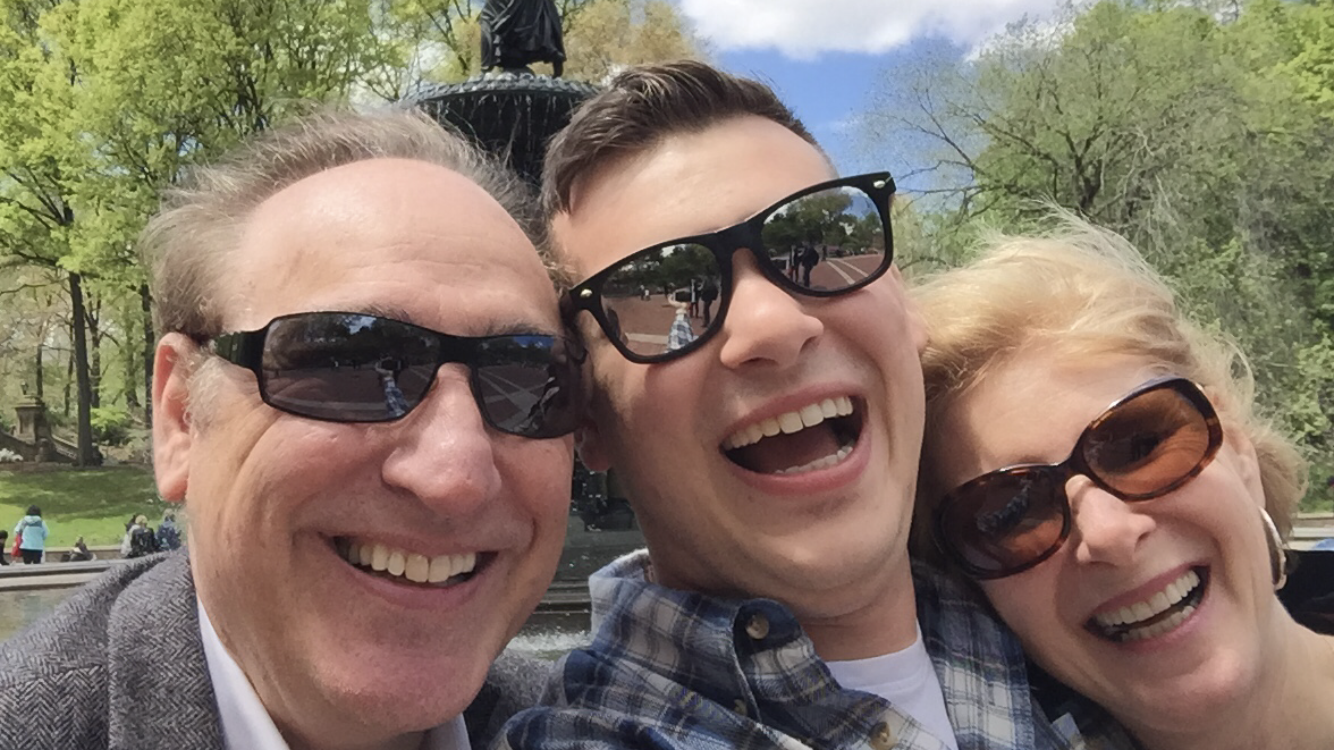“Words have weight. They carry energy and give language its potential to heal or hurt.”
Do you ever wonder like me, where was my head when I said that? The other night our son, Theo and his bride-to-be, Sarah, were over for dinner. At the end of the meal, as I was boiling water for tea in my electric kettle, I said to my husband, Gus, “Honey, just a reminder, when you use this kettle be sure it’s far away from the cabinets.” (I’ll admit I had an edge to my voice.)
“I always am careful with that.”
“I’m mentioning it because the other day when you were boiling water for me, I saw the steam bathing the cabinets.”
“Well it wasn’t me doing it,” he answered defensively.
Back and forth we went. I saw Sarah get quiet and duck her head to avoid our unnecessary line of fire. Her expression said it all to me. Awkward! Oh, Gail, you didn’t think before you spoke!
By the time Sarah and Theo left it was late, and I knew better than to broach the disagreement then. The next morning I kissed Gus’s cheek and said, “Sorry about last night.”
Kindly he said, “It would have been fine if you’d said it to me privately, but you embarrassed me saying it in front of Sarah.”
In the past I would have beaten myself up for being inconsiderate, but because I’ve been working on showing more empathy to myself I thought, it’s OK Gail, you weren’t thinking of the consequences of your words. You’ll do better next time.
And the crazy thing is, I consciously censor my thoughts before they leave my lips, yet I still at times blurt unnecessary or insensitive words.
How about you. Can you relate?
Psychologists say that it’s common to speak without thinking to our loved ones. One of the benefits of long-term relationships is feeling we can just be our full self. We assume they’ll understand where we’re coming from and not be offended. Not true!
Five Tips for Speaking With More Care
1. Include the other in your mind before you speak – usually when we speak we’re just thinking of our own feelings and perspective. Embrace the other’s feelings and point of view and consider them as important as your own. When we regard others with more care, it guides us in speaking with more care.
2. Ask yourself, Will this help or hurt? Reflect on what you’re about to say. Often our brain is spinning thoughts and our words just blurt out without considering their impact. Slow yourself down before you speak and ask this question as your own friendly inner censor.
3. Ask yourself, Is what I’m about to say meaningful or relevant to the other person? If not don’t say it. This is particularly relevant with texting. Often I delete whole statements before I send them realizing its unnecessary information for the other.
4. Become the observer of your speech. Make it a habit of noticing what you say and how it impacts others. We have the power to manage our thoughts and speech to have a positive impact on others and our relationship with them.
5. Include affirmations in your conversations. Create positive feelings in your relationships by noticing the good stuff you see in or feel about the person and tell them. When my husband vulnerably told me I embarrassed him, I said, “Thank you honey for being so real and open with me. I am so blessed to have you as my husband.” My affirmation added back some good energy to our relationship.
It’s such a small thing to pause a moment to consider how your words will be received. And it’s such a big thing to say less and care more! Wishing you a wonderful month of positive communicating and connecting!
The Affirming Way of Life: See the Good, Speak the Good, Spread the Good is available at Amazon. May it support you in living your best most fulfilling life!







